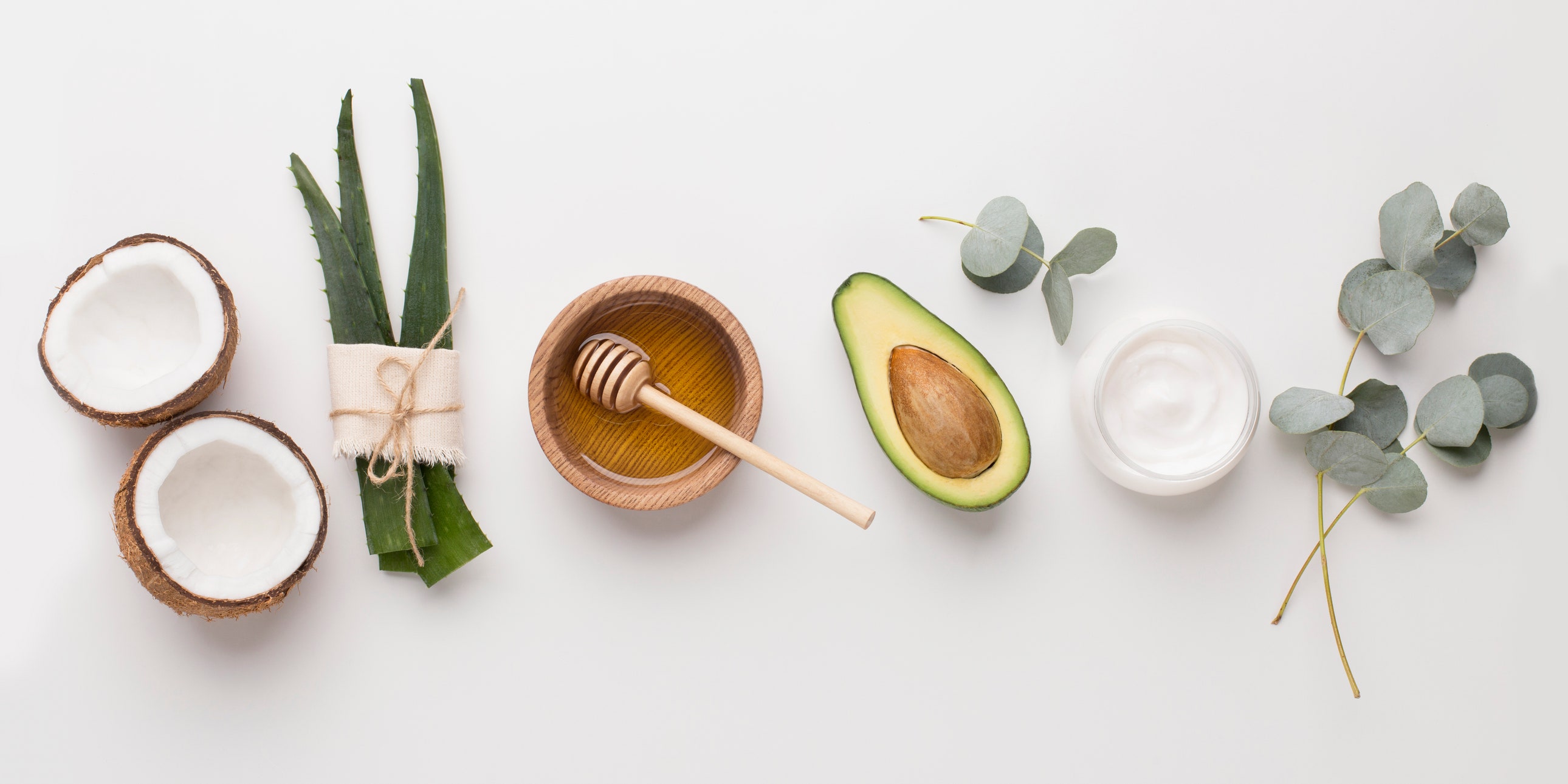
Home beauty treatments have become increasingly popular, especially during the pandemic. One such trend that has gained traction is the DIY face mask. Apart from being a satisfying and practical option for skincare, making your own face mask using simple ingredients can be a form of self-care. Plus, you have full control over the ingredients, as you know exactly what’s going onto your skin.
FYI before you DIY:
It’s important to note that simply because a mask is simple or labeled as “natural” doesn’t mean it’s automatically safe or beneficial for your skin. Mona Gohara, M.D., a board-certified dermatologist and professor of dermatology at Yale School of Medicine, advises caution when experimenting with DIY face masks. She suggests avoiding certain ingredients that can potentially irritate or harm your skin, such as lemon juice, apple cider vinegar, turmeric, and cinnamon.
Best DIY Mask Ingredients:
While there is limited research on using pantry staples as skincare, there are a few ingredients that have shown promise in improving skin health. According to Ife Rodney, M.D., a lead dermatologist at Eternal Dermatology, here are some well-tolerated DIY mask ingredients:
-
Oatmeal: Colloidal oatmeal, which is ground-up oats or oat flour, can improve dryness, lock in moisture, and soothe irritated skin.
-
Avocado: With its high concentration of fats, avocado can increase skin moisture and provide antioxidant protection.
-
Honey: A natural antimicrobial and anti-inflammatory ingredient, honey can reduce redness, irritation, and help with exfoliation while keeping the skin moisturized.
-
Green tea: Rich in polyphenols, green tea has anti-inflammatory and antibacterial properties that can benefit the skin.
-
Milk and yogurt: Lactic acid present in milk and yogurt acts as an exfoliator and moisturizer, while proteins in these dairy products can calm inflamed skin.
By using these ingredients, you can create simple and effective face masks at home, tailored to your specific skin needs. It’s always a good idea to perform a patch test before applying any new DIY mask to your face to check for any adverse reactions.
FAQs
Q: Are DIY face masks as effective as store-bought ones?
A: DIY face masks can be effective, but it’s important to choose ingredients that suit your skin type and address your specific concerns. Store-bought masks usually undergo testing and contain a blend of beneficial ingredients. If you prefer convenience and a wider range of options, store-bought masks may be a better choice.
Q: Can I use these face masks every day?
A: It’s generally recommended to use face masks 2-3 times a week, or as instructed by the recipe or product. Overusing face masks, especially those with exfoliating properties, can lead to skin irritation or dryness.
Q: How long should I leave the mask on?
A: The duration of mask application depends on the recipe or product instructions. Typically, it ranges from 10 to 20 minutes. Always follow the recommended time and avoid leaving the mask on for longer than instructed, as it can cause skin irritation.
Q: Can I store leftover DIY masks?
A: Most homemade face masks are best used immediately after preparation to ensure the freshness and efficacy of the ingredients. However, if there are any leftovers, store them in an airtight container in the refrigerator for up to 2-3 days.
Conclusion
Creating your own DIY face masks can be a fun and rewarding experience. It allows you to customize the ingredients according to your skin’s needs and promote a healthy glow. Remember to be cautious when using new ingredients, perform patch tests, and consult a dermatologist if you have any concerns about specific ingredients. Take the time to treat yourself to a little self-care and enjoy the benefits of a homemade face mask.
Sources: